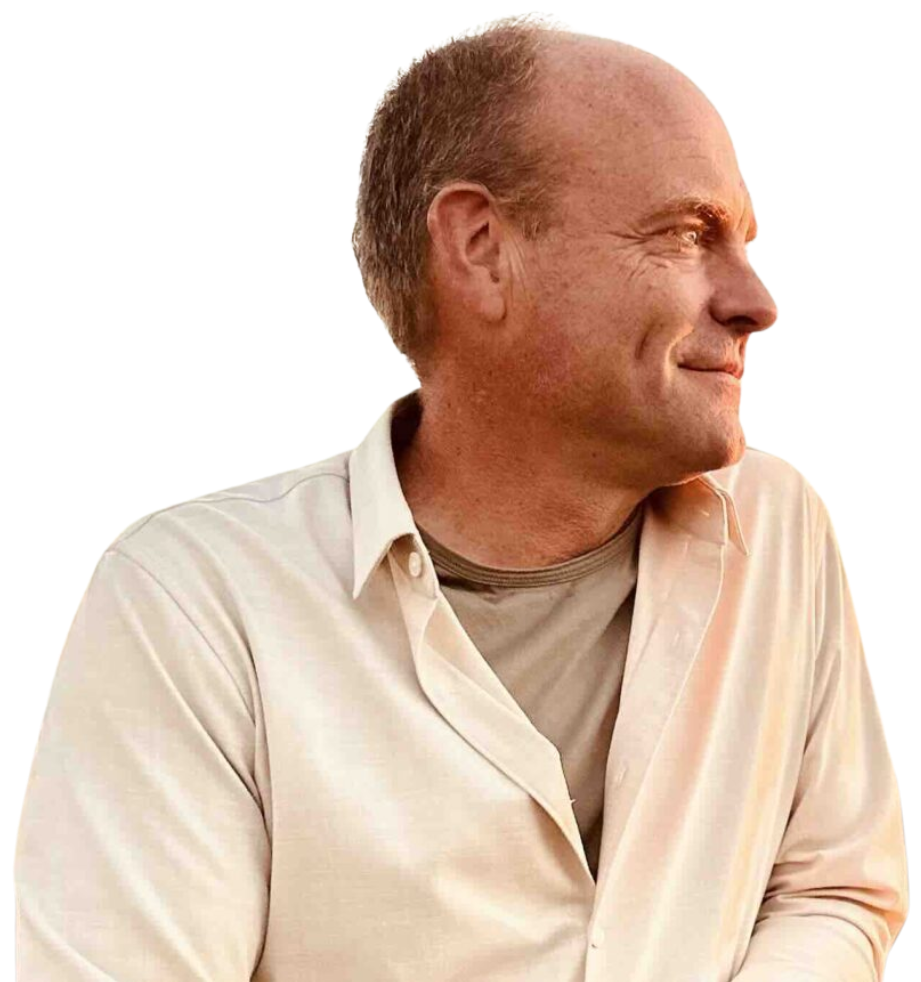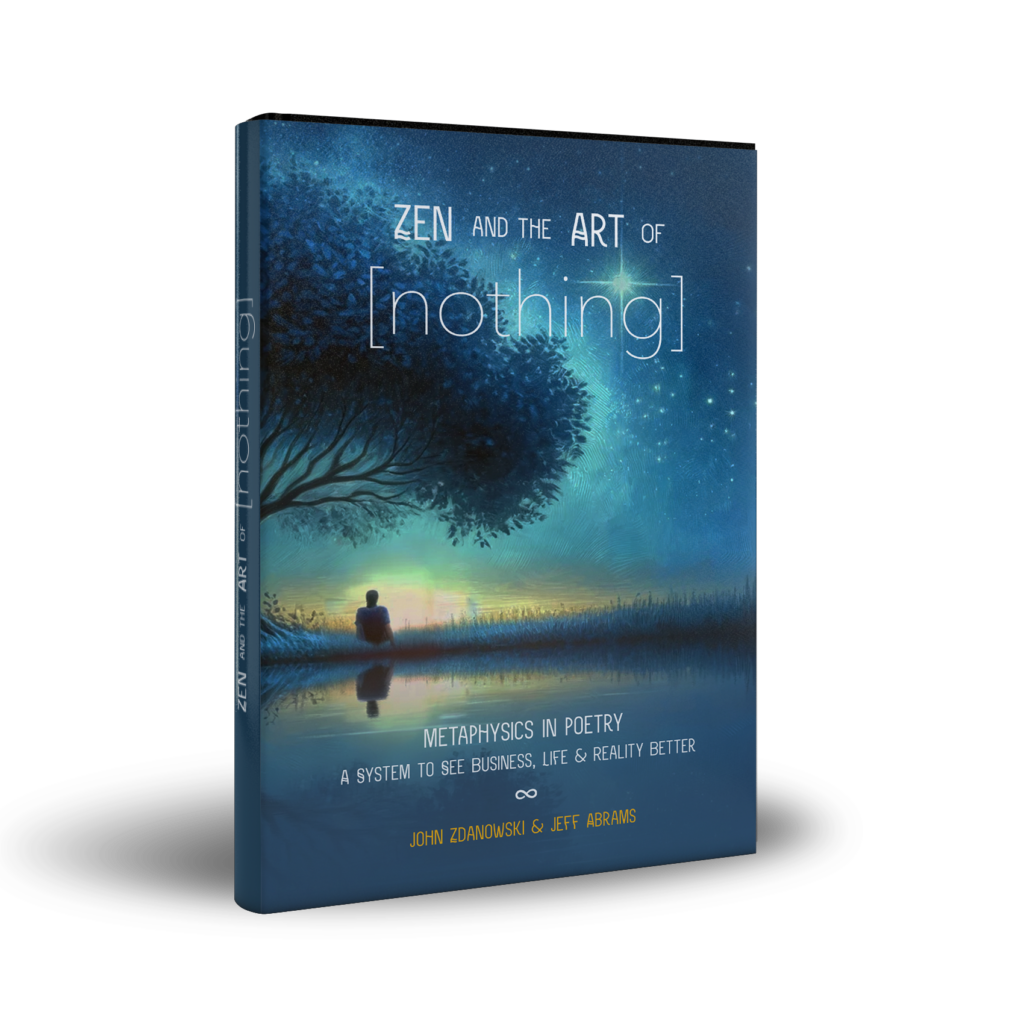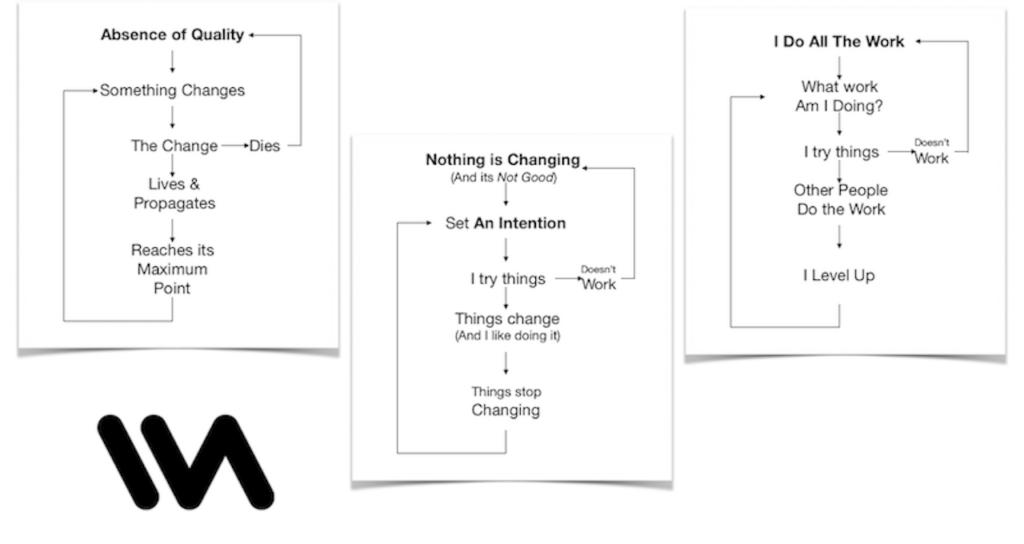
Author
A six-time $100 million business-builder, John, applies the Metaphysics of Quality to inspire and empower the entrepreneur in each of us to create something from nothing.
the stories we tell create the reality we see
systems work better than goals
build a system to build systems
practice better story telling




Offices
Resources
Subscribe to Our Newsletter
Sign up for our newsletter to stay informed about the latest updates, & exclusive offers
© 2025 Weekly Accounting. All Rights Reserved.